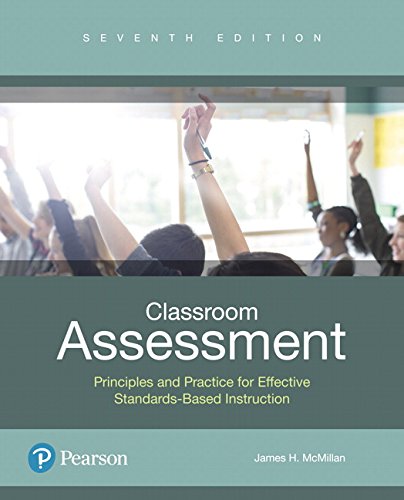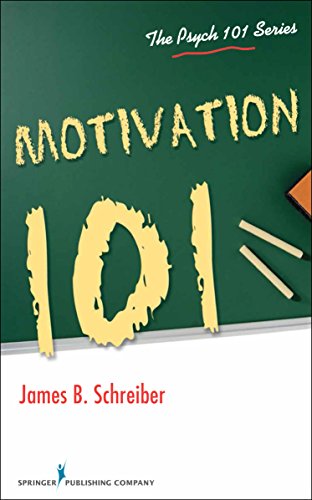
NOTE: Used books, rentals, and purchases made outside of Pearson
If purchasing or renting from companies other than Pearson, the access codes for MyLab™ Education with Enhanced Pearson eText may not be included, may be incorrect, or may be previously redeemed. Check with the seller before completing your purchase.
This package includes MyLab Education with Enhanced Pearson eText and the bound book.
A comprehensive, nontechnical, engaging, look at how assessment is used to improve student learning and motivation.
Drawing on recent research and new directions in the field, this concise, engaging book shows teachers how to use classroom assessment effectively for improving student learning and motivation. Key strategies and techniques are demonstrated through practical, realistic examples, suggestions, and case studies. The new edition emphasizes formative assessment and includes more in-depth coverage of self-assessment, the impact of standards-based accountability testing, 21st century knowledge, dispositions and skills, technology-enhanced items, and assessment of culturally diverse students. Each chapter provides aids to help readers learn and practice the skills of that chapter, including new Teacher Corners features illustrating actual teachers’ thinking about classroom assessment, introductory case studies, chapter concept maps, new figures, suggestions for action research, self-instructional review exercises, and links to digital resources.
Personalize learning with MyLab Education
Designed to bring learners more directly into the world of K-12 classrooms and to help them see the real and powerful impact of the assessment concepts covered in this book, MyLab Education provides practice using classroom assessment concepts in teaching situations, helps students and instructors see how well students understand the content, and helps students more deeply process assessment concepts and strategies and also better understand how to use those concepts as a teacher. The online resources in this MyLab include:
Video Examples. Throughout the eText, embedded videos provide illustrations of sound assessment practices in action. Self-Check Assessments. Throughout the chapters, students will find self-check quizzes that help assess how well students have mastered chapter learning outcomes. The quizzes consist of self-grading multiple choice items that provide rationales, both for questions answered correctly and for questions answered incorrectly. Application Exercises. These scaffolded exercises, tied to learning outcomes, challenge learners to reflect on assessment and to apply what they have learned to real classroom assessment work. MyLab Education includes the Pearson eText version of the book.
0134522087 / 9780134522081 Classroom Assessment: Principles and Practice for Effective Standards-Based Instruction with MyLab Education with Enhanced Pearson eText, with Bound Book — Access Card Package consists of:
0134523172 / 9780134523170 Classroom Assessment: Principles and Practice for Effective Standards-Based Instruction , MyLab Education with Enhanced Pearson eText — Access Card, 7th Edition 013452330X / 9780134523309 Classroom Assessment: Principles and Practice for Effective Standards-Based Instruction , Bound Book, 7th Edition

